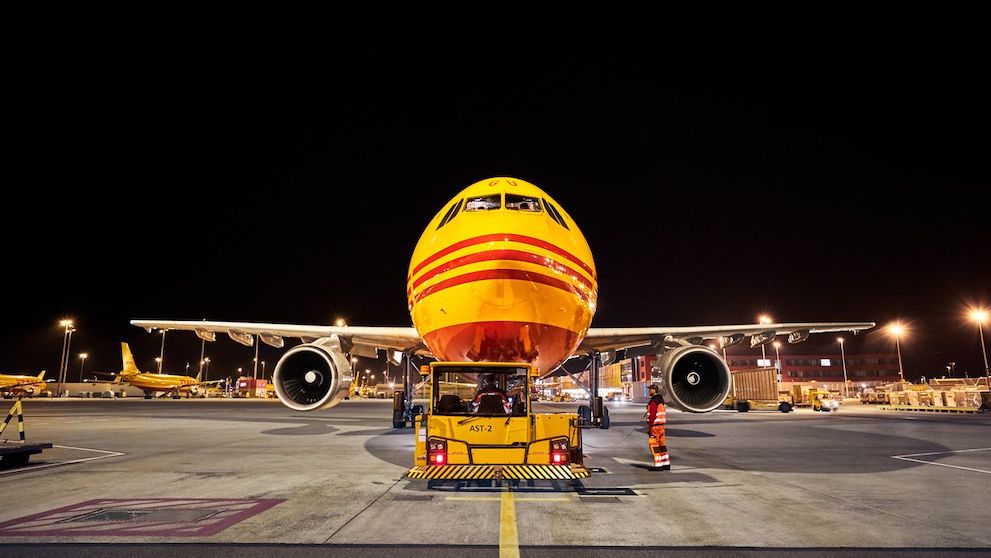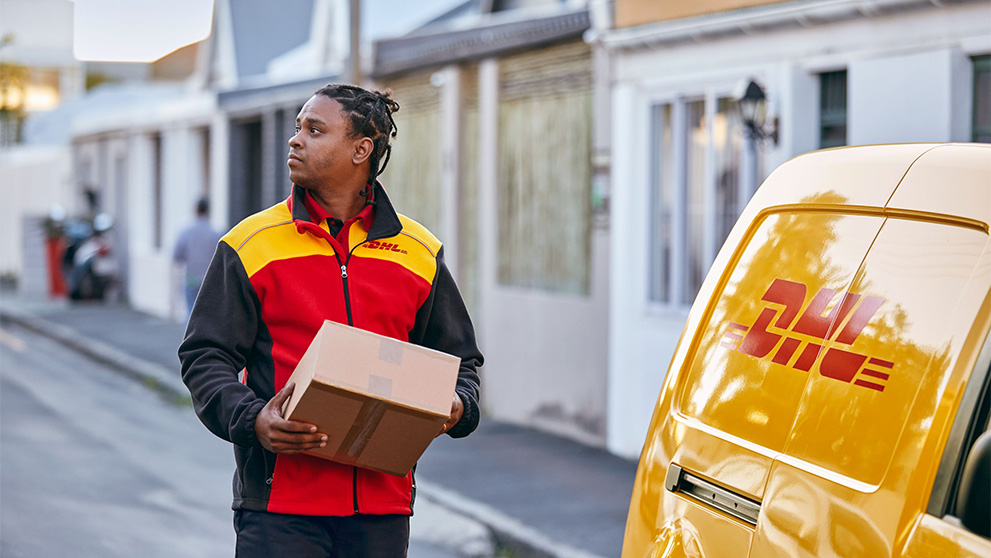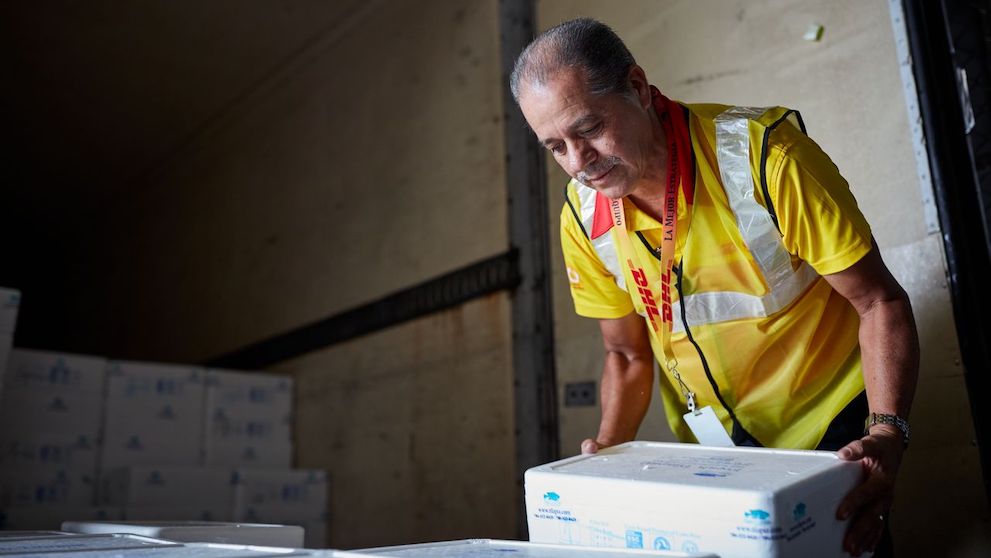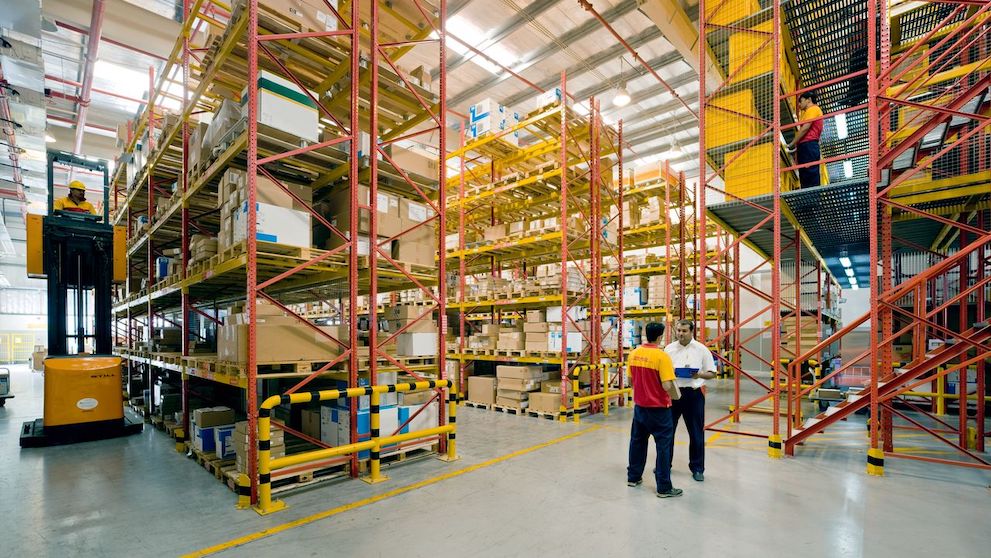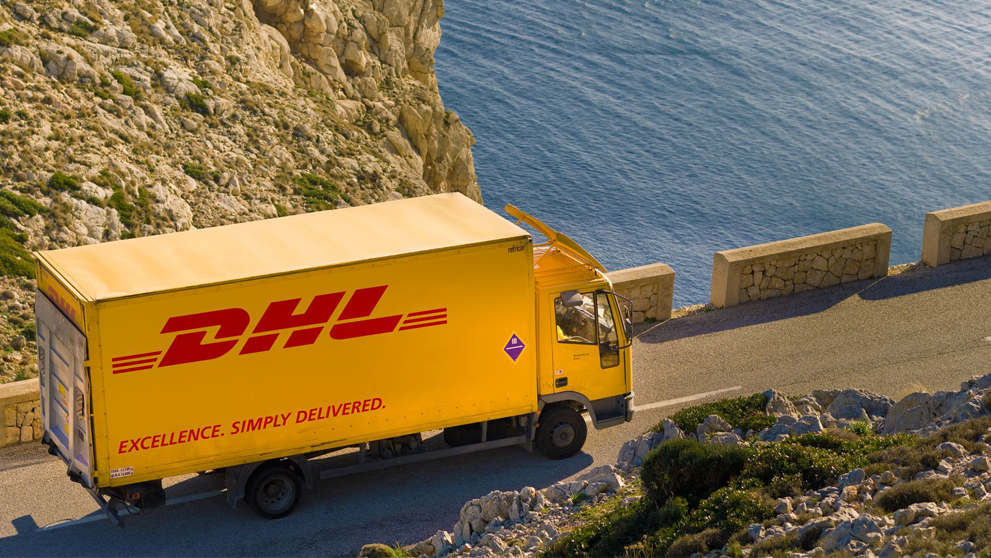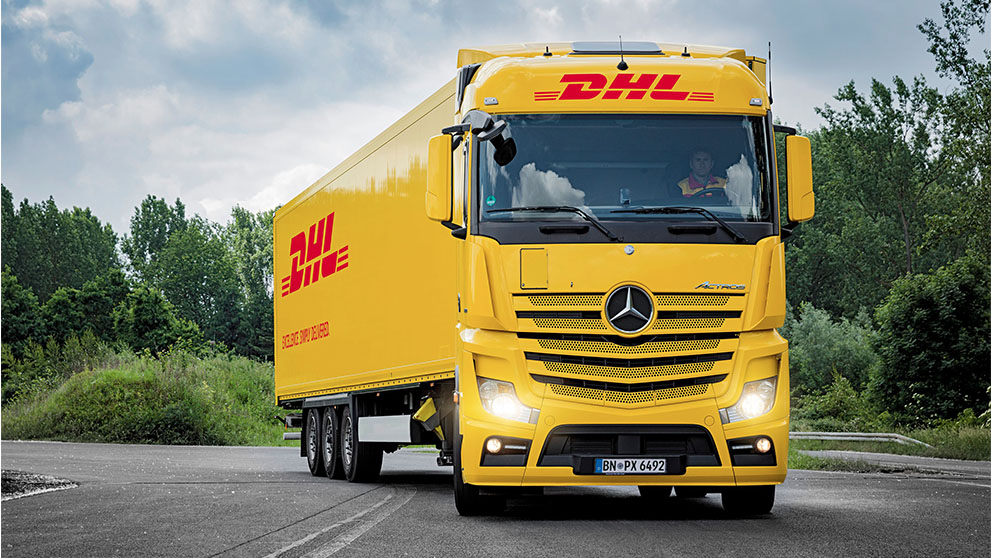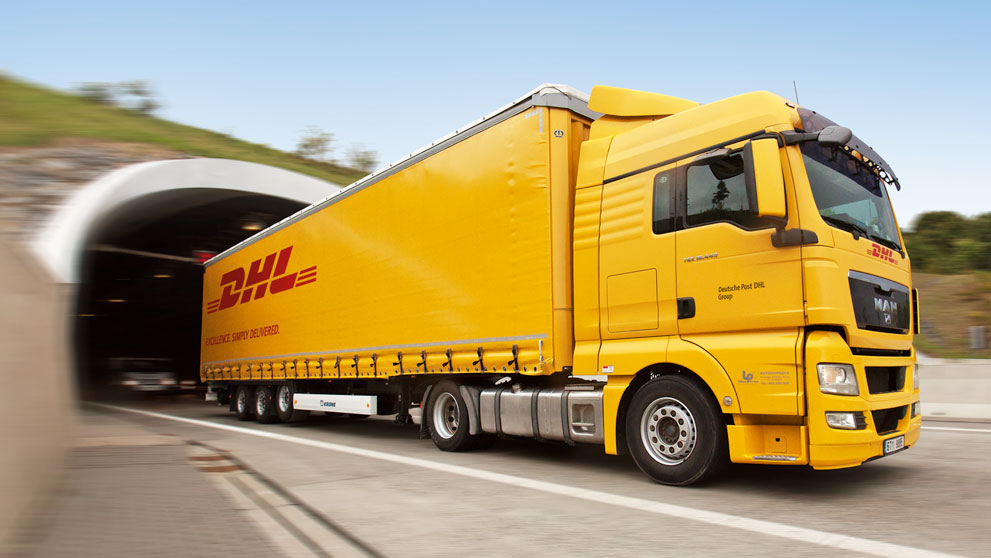As a lucrative and growing market, Singapore is an opportunity space for Australian exporters looking to explore the Asian economy known well for its global shopping habits. But with any export strategy, paying attention to the necessities, such as the country’s import tax and duty, is essential.
Singapore is a small but wealthy city-state with pro-business trade agreements with many countries. It is one of the leading shipping, financial and trading hubs in the Asia Pacific region, and is a favoured gateway for businesses looking to penetrate into Southeast Asia and Asia Pacific markets.
According to the DHL Global Connectedness Index (GCI) in 2021, Singapore was named the world’s second most-connected country, just behind the Netherlands. With a robust economy that hits well above its weight, and with regional supply chains thrusting its strong performance, it is no wonder the nation’s citizenry has a strong appetite for cross-border online shopping.
As Australia’s largest trade and investment partner in ASEAN and the sixth largest trading partner overall, the trade and business relationship between the two countries is strong. Coupled with a strong economy and stable demand for native products such as Australian meats, Singapore is a practical destination for Australian merchants looking for overseas opportunities. Its business-friendly practices, secure infrastructure and dollar value that is relatively on par with the Australian dollar all work to bolster a strong demand.
Singapore customs import tax, duties and other charges
With more than 20 active bilateral and regional Free Trade Agreements (FTAs), the garden city has a relatively open-trade policy. Therefore, the barrier of entry is rather low. However, for Australian retailers looking to export goods or services to the Singapore market, it is essential to take note of the customs tariffs and other charges payable.
Currently, there are three types of import fees in Singapore.
1. Goods and Services Tax (GST)
Generally, all goods that are crossing Singapore customs are subject to a 7% Goods and Services Tax (GST) on imported goods. This import fee is applicable for items which have a total value of SG$400 (approximately AU$415) and above. The taxable value is calculated based on its Cost, Insurance and Freight (CIF) value and all other duties and tax charges. In the case of non-dutiable goods, GST will be based on the CIF value, along with any commission and incidental charges even if they are not included in the invoice.
GST is paid by the consumers, but is remitted to the government by businesses selling the goods and services. In 2021, the Singapore government announced that low-value goods bought via online shopping will also be subjected to GST from 1 January, 2023.
2. Customs duty and excise duty for imported goods
Customs duty and excise duty are taxes that are imposed on dutiable exported goods into, or manufactured in, Singapore – depending on the nature. In Singapore, both customs and excise duties may be levied on certain items such as alcoholic beverages with high alcohol strength. There are four categories of dutiable goods:
Intoxicating liquors
Tobacco products
Motor vehicles
Petroleum products/biodiesel blends
The excise duties and taxes are calculated based on ad valorem or specific rates, whereby imported goods are taxed based on a percentage of the total shipment value or specified amount per unit of weight or other quantity.
Paying import tax in Singapore
There are several payment modes for merchants who need to pay import tax, but they depend on how the goods are shipped into Singapore. For postal shipments, payments can be made via the Immigration and Checkpoints Authority (ICA) counter in person. Customs declarations and taxes for courier shipments are usually handled via the courier companies.
For all other shipping methods, businesses may need to pre-register for an importer account and set up an Interbank GIRO (IBG) account with Singapore Customs. All import tax and duty payments are debited from this account.
Start your global export journey
Businesses in Australia can reduce the inconvenience for their customers in Singapore by staying informed about customs regulations. Even though the country operates a free port, the payment of duty fees and import tax is mandatory and charged on imported goods entering Singapore. Failure to comply may result in serious penalties. As the world grapples with COVID-19, retail activities are increasingly becoming borderless. This presents a wealth of opportunities for Australian businesses looking to export into Singapore or other markets around the world.
With online shopping fast becoming one of the most popular activities around the world, a robust export strategy should be the next for any business looking to make their presence known across the map. Start by choosing to work with a professional logistics service provider like DHL Express to boost your business’s e-commerce capabilities.
DHL Express in Singapore is a reliable export partner for businesses in Australia and around the world. The Southeast Asia hub operates 24/7 with all-round support which includes in-house customs brokers and local customer service. Along with Transport Asset Protection Association (TAPA)-certified facilities and 136 retail outlets across the island, businesses will have no problem increasing the efficiency of their export processes.
Speak to us to find out more about import taxes and duties in Singapore.
Disclaimer: While we have made every attempt to ensure that the information contained herein has been obtained, produced and processed from sources believed to be reliable, no warranty, express or implied, is made regarding the accuracy, adequacy, completeness, legality, reliability or usefulness of such information.
All information contained herein is provided on an "as is" basis.
In no event will DHL Express, its related partnerships or corporations under the Deutsche Post DHL Group, or the partners, agents or employees thereof be liable to you or anyone else for any decision made or action taken in reliance on the information contained herein or for any consequential, special or similar damages, even if advised of the possibility of such damages.
